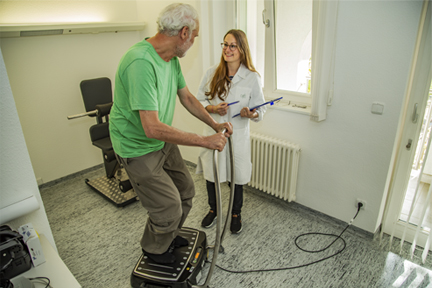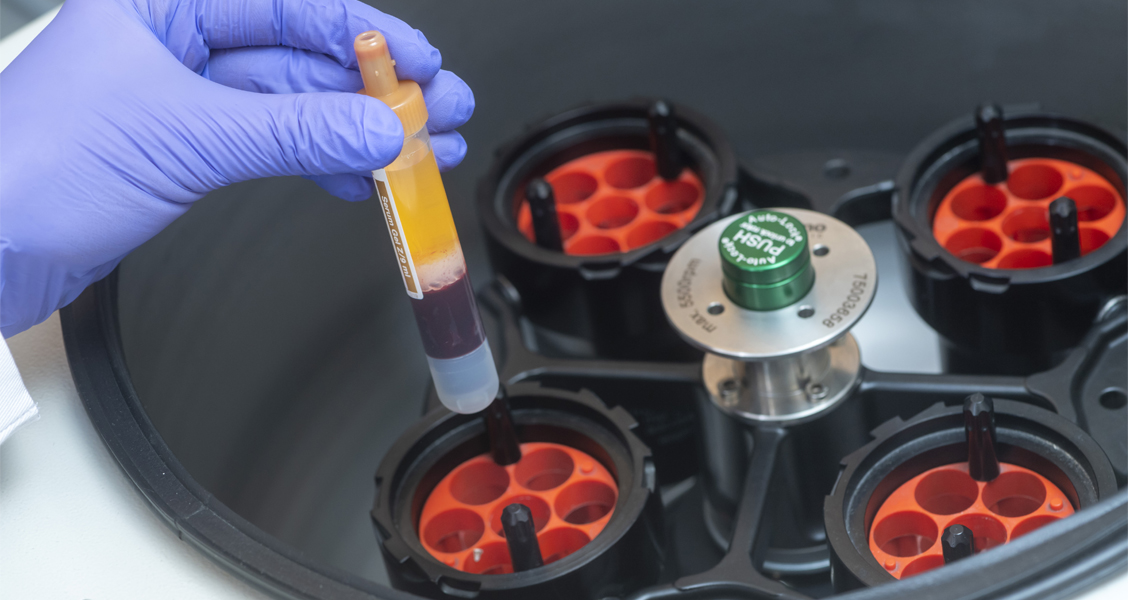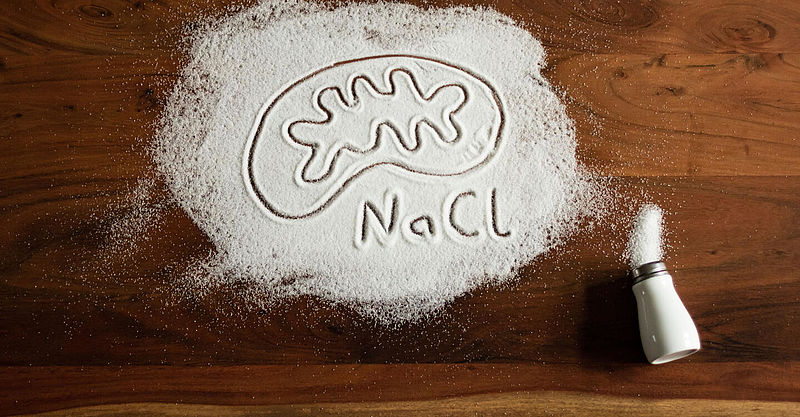Being healthy and fit at an old age is a wish that we all share. In order to achieve this, it is necessary, among other things, to counteract inflammation that occurs with age: Inflammaging. Inflammaging means that there is an increased release of inflammatory cytokines in older people, which leads to a persistent mild inflammatory process. This disrupts normal cell functions and promotes age-related diseases of the metabolism, cardiovascular system and musculoskeletal system, such as sarkopenia.
Recently, the term "inflammatory ageing" has been extended to include "inflammatory inactivity", as various studies have shown that a sedentary lifestyle plays a significant role in inflammatory processes. However, these can be counteracted with regular exercise, even at an older age. From other studies, it is known that certain diets can reduce the inflammatory burden in older people. However, there are no studies that have investigated the effect of vibration training in combination with a change in diet (especially omega-3 supplements) on inflammation in older people.
The 8-week programme
An interdisciplinary DIfE research team led by DZHK scientist Prof. Kristina Norman, head of the Department of Nutrition and Gerontology, and PD Dr. Olga Ramich, head of the Molecular Nutritional Medicine research group, therefore wanted to find out how a diet rich in omega-3 fatty acids and proteins, combined with physical activity, affects inflammation in older people. With this in mind, the researchers carried out a 8-week randomised controlled intervention study involving 61 healthy men and women aged 65 to 85 from the Potsdam area. All participants received an educational programme consisting of supervised vibration training at the institute and self-directed strength exercises for home use. They were also randomly assigned to one of three diets. The first group consumed a high-protein diet (1.2-1.5 g protein/kg body weight/day) and also received a daily dose of omega-3-rich algae oil (3.5 ml/day). The second group also took the milk protein drink but did not receive algae oil. The third group served as a control group and received no further recommendations other than the training, so they continued with their usual diet.
Blood analyses provide insight into inflammatory processes
Blood samples were taken from the participants at the beginning and end of the study to measure the omega-3 plasma index and to determine and compare various inflammatory markers (cytokines), such as the pro-inflammatory interleukin-6. On the one hand, the research team examined the concentrations of circulating zytokines in the blood serum. On the other hand, they analysed the expression levels of genes responsible for the synthesis of these cytokines in so-called peripheral mononuclear blood cells, which include lymphocytes and monozytes. The researchers also carried out an ex vivo whole blood test: they stimulated the immune cells contained in the blood samples with bacterial lipopolysaccharides (LPS stimulation) and determined the cell activation and cytokine release triggered by this.
"We were able to show that an omega-3, protein-rich diet in combination with physical activity led to a reduction of inflammation in the male study participants," explains Prof. Norman, "both the amount of circulating cytokines and their gene expression were significantly reduced. The reduced level of gene expression was also observed in the second group, which ate a protein-rich diet but did not receive any additional omega-3. The control group, which only did the exercise, did not show these effects. "It is possible that the training was too short or too mild," says Ulrike Hass, the study's first author. In tests of the immune response to LPS stimulation, the researchers found that the exercise intervention alone led to a reduced pro-inflammatory response of certain cytokines in the blood cells.
It is never too late for a healthy lifestyle
According to Professor Norman, the key finding of the study is that "the inflammatory process in older people, which is associated with the development of many diseases, can be influenced in part by diet and exercise". It therefore makes sense to maintain a healthy lifestyle even in old age. In future studies, the researchers want to investigate whether plant proteins have the same effect as the milk protein used in this pilot study. They also want to investigate the effect of diet and exercise in older people who already have chronic diseases.
Original publication: Haß, U., Heider, S., Kochlik, B., Herpich, C., Pivovarova-Ramich, O., Norman, K.: Effects of Exercise and Omega-3-Supplemented, High-Protein Diet on Inflammatory Markers in Serum, on Gene Expression Levels in PBMC, and after Ex Vivo Whole-Blood LPS Stimulation in Older Adults. Int. J. Mol. Sci. 2023, 24(2):928. [Open Access] https://doi.org/10.3390/ijms24020928
Scientific contact: Prof. Dr. Kristina Norman, Head of the Department of Nutrition and Gerontology, kristina.norman(at)dife.de
Source: German Institute for Nutrition Research



